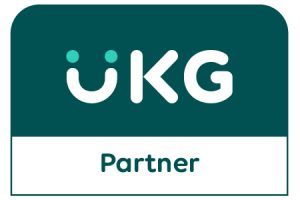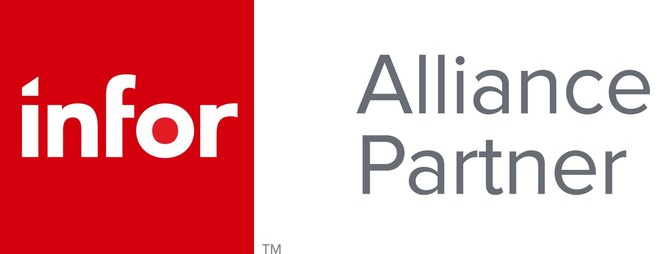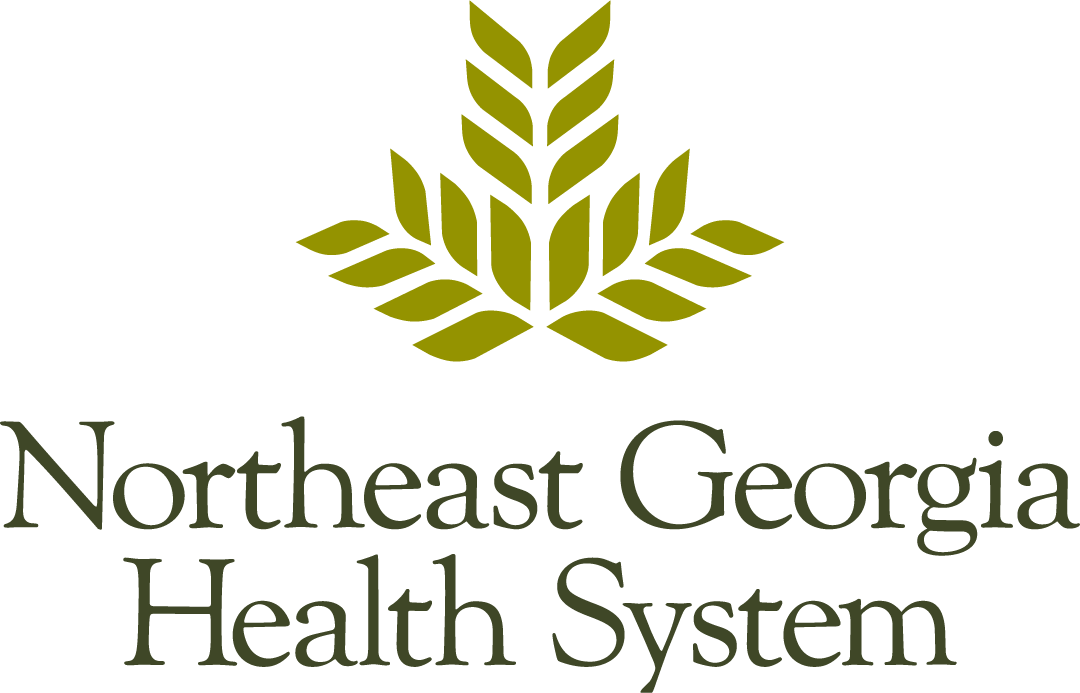ERP Consulting Services to Help Your Business
ERP (Enterprise Resource Planning) solutions cover a broad array of critical business processes that help hospitals increase efficiency and manage costs and personnel. Hospital mergers are a catalyst for new ERP activity as health systems look to consolidate their business solutions and replace legacy products. New version upgrades and transitions from on premise to cloud-based ERP solutions are also key drivers.
Healthcare IT Leaders offers ERP consulting resources for the most widely-used enterprise solutions and has specialized expertise implementing both clinical and business systems for hospitals.
Key Reasons to Trust the Leaders at Healthcare IT Leaders
- Deep domain experience. As a healthcare-first consultancy, we understand your business processes and the role ERP systems play in your operations.
- Solution knowledge. We’re a trusted services partner to the leading ERP vendors and offered certified consulting expertise.
- A track record of success. Our satisfied clients include some of the largest health systems in the United States.




ERP Consulting Solutions
Our team of expert healthcare ERP professionals brings decades of experience to your implementation, staffing, and consulting projects.

- 25+ years of experience in workforce management
- Former VP, Healthcare Solutions for Workforce Insight, Part of Accenture
- 22+ years of experience with UKG (formerly, Kronos, inc.)

- 20+ years of WFM experience
- Managed WFM system at Corewell Health fka Spectrum Health
- Lead WFM strategy as a consultant for multiple Fortune 500 companies
Healthcare IT Leaders ERP Consulting Services
ERP systems can help organizations improve their efficiency and productivity, increase customer satisfaction, and gain a competitive edge in the market. Therefore, choosing an ERP consulting firm proficient in technology infrastructure and skilled in enterprise strategic planning for hospitals and health systems is essential. With over a decade of experience in healthcare ERP implementations and optimizations, we’ve put together a comprehensive list of services to help you on your ERP journey from start to finish.
System Selection and Contracting
Find the right enterprise resource planning healthcare solution for your organization through a guided, vendor-agnostic process that includes stakeholder interviews, weighted scorecards, demos, and site visits, leading you from discovery through evaluation to selection.
Implementation
Our team provides project leadership and technical and functional expertise to any size ERP implementation. Let our UKG, Oracle, Workday, and Infor consultants help start your implementation today.
Data Integration & Migration
Using our tools and expertise, we can migrate your legacy system data to your new ERP. For more data-driven business decisions, integrate analytics from your EHR and other systems in a data warehouse or cloud platform.
Staffing and Hiring
From executive recruitment, to contract hiring and legacy support, let our healthcare IT staffing professionals help you find the perfect IT, HR, finance, and supply chain talent for your ERP implementation or upgrade.
Go-Live and Training
Don’t miss out on reaping the benefits of ERP software. Our training experts provide industry-leading training to ensure higher adoption rates and end-user satisfaction.
Managed Services
Our experienced Managed Services team can help improve service levels and maintain your ERP application with a range of tiered support options, including General Service Desk, Application Service Desk, Application Managed Services, and Technical Managed Services.
Upgrades
Post-ERP Go-Live can seem overwhelming, but we provide a stabilization plan to outline future areas for consideration and ongoing legacy support for system upgrades and enhancements.
Reporting and Analytics
You cannot judge successes and failures without access to real-time data. Our experts can collect your ERP data and develop dashboards for reporting to help enable thoughtful decisions.
Recent Projects
Detail: Workday Implementation
Services: Managed Services and Legacy Support
Results: Manage and maintain multiple legacy ERP applications while providing Level 2 and 3 Workday support
Detail: Oracle Fusion HCM Implementation
Services: Change Management & Training Development
Results: Created 23 new course offerings to support web-based learning, classroom training & field training
Detail: UKG WFD Optimization
Services: Project Management and Implementation Consulting
Results: Added UKG Absence Management with integration to Oracle HCM
Detail: Infor Lawson Upgrade and Optimization
Services: Technical and Functional Consulting
Results: Supplied 20 Functional and Technical Lawson consultants for S3 implementation
Detail: UKG Workforce Central Support
Services: Advisory and Staffing
Results: Helped rebuild the client's on-premise WFC after ransomware attack
Detail: PeopleSoft Upgrade
Services: PeopleSoft Consulting
Results: Helped client successfully upgrade Oracle PeopleSoft
Takeaways
Implementing a healthcare ERP system can bring numerous benefits to your organization, including improved efficiency and cost savings. The team at Healthcare IT Leaders has the expertise and experience to guide your organization through the healthcare ERP implementation and optimization process.
If you’re interested in learning more about how we can help your organization, please don’t hesitate to contact us below. We’d be happy to answer any questions and provide you with a customized solution that meets your needs.
FAQs About Healthcare ERP Implementation
The size of a hospital, and the complexities of running various departments impact the timing of implementing an ERP system. However, 6 months to a couple of years is the typical timeframe to get an ERP up and running.
The cost of an enterprise resource planning (ERP) implementation project varies depending on several factors, including the size and complexity of the organization, the scope of the project, the specific ERP software being implemented, and the resources required to complete the project. Factors that may influence cost include: ERP software license fees, hardware costs, customizations and integrations, training and ongoing support costs, and consulting and implementation services fees. It’s important to note that the cost of an ERP implementation project can also vary based on the specific business needs and goals of the organization, as well as the level of support and resources provided by the ERP vendor. In general, smaller organizations may be able to implement an ERP system for a few hundred thousand dollars, while larger organizations will likely budget several million dollars or more for an enterprise-wide ERP implementation project.
Factors to consider when choosing an ERP consulting company include: ERP Expertise, Project Methodology, Cost, Partnerships, and Domain/Industry Expertise. Consider your post-implementation needs as well by choosing a company that can provide ongoing training and support, including legacy support and managed services.
Overall, it’s important to do your research and carefully evaluate the various options available to find an ERP consulting company that is the right fit for your business.
An enterprise resource planning (ERP) solution is a business management software that helps organizations use an integrated series of applications to automate administrative tasks and centralize all relevant data. An electronic health record (EHR) is a digitized version of a patient’s health records that includes all relevant data from a patient’s visits to hospitals, laboratories, and medical specialists.
Enterprise resource planning (ERP) in healthcare refers to the use of software systems to manage and integrate various business processes within a healthcare organization. These processes may include patient care, financial management, supply chain management, human resources management, and workforce management. ERP systems in healthcare can help to streamline and optimize the management of data and resources within an organization, enabling healthcare providers to make more informed decisions and improve the efficiency of their operations. For example, an ERP system may be used to manage employee schedules, track inventory, and process financial transactions. ERP systems in healthcare can be particularly useful for large healthcare organizations, such as hospitals, that have complex operations and need to manage a large amount of data. They can also be used by smaller healthcare providers, such as clinics or nursing homes, to help manage their operations more effectively. Overall, the use of ERP systems in healthcare can help to improve the quality of patient care and the efficiency of healthcare organizations.
Customer Success
“Healthcare IT Leaders is deeply invested in our success. You consistently go above and beyond, and you make us feel like our priorities are your priorities.”Michael McGee
Director of Applications, NE Georgia Health System
